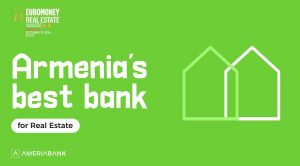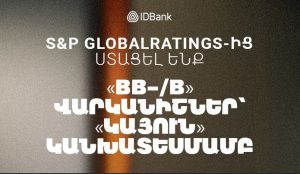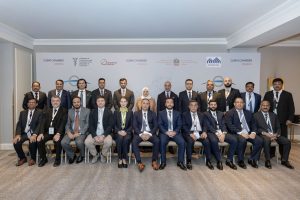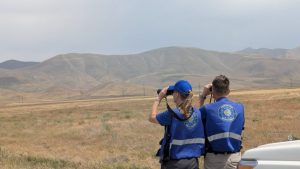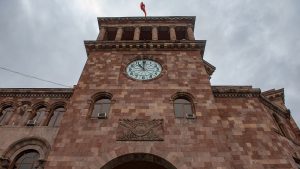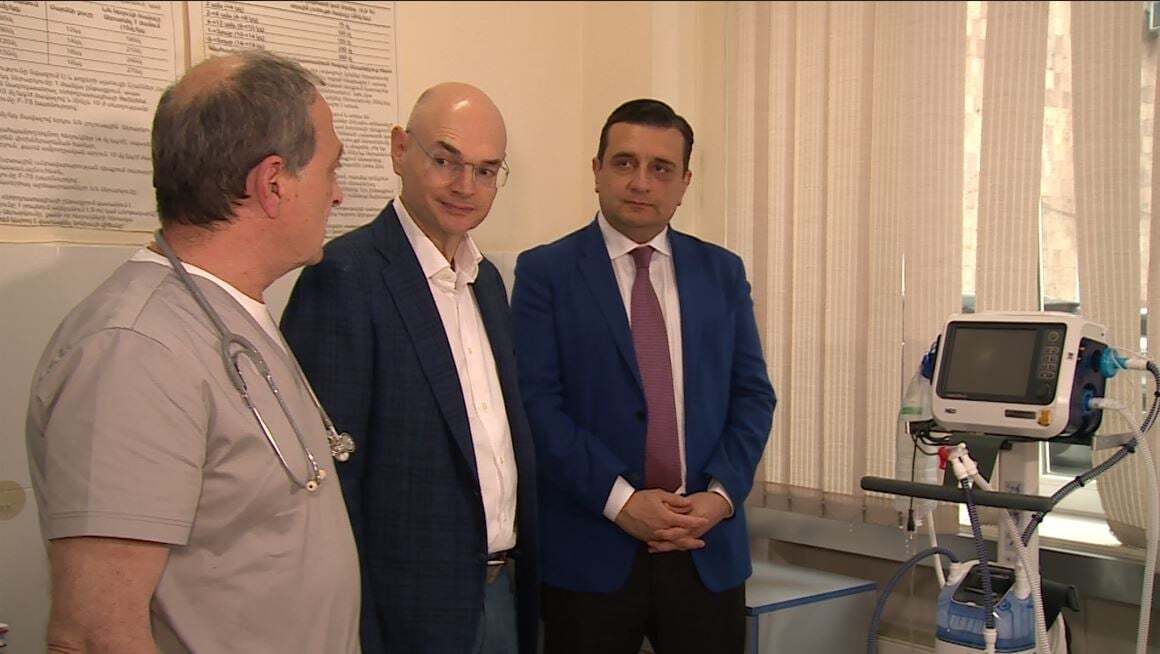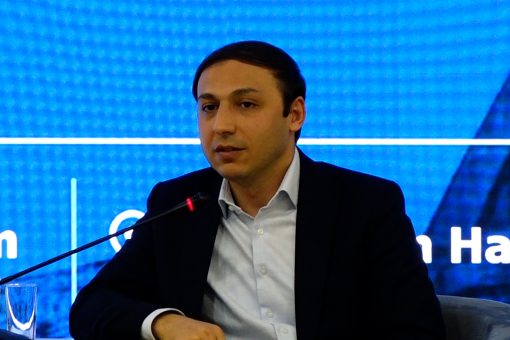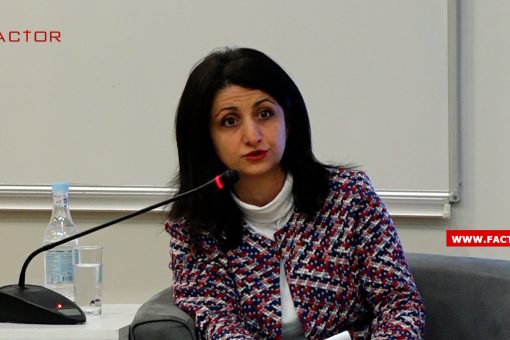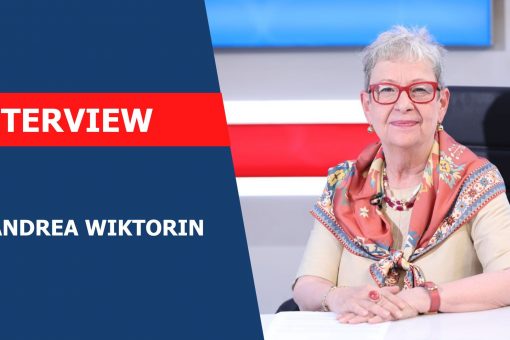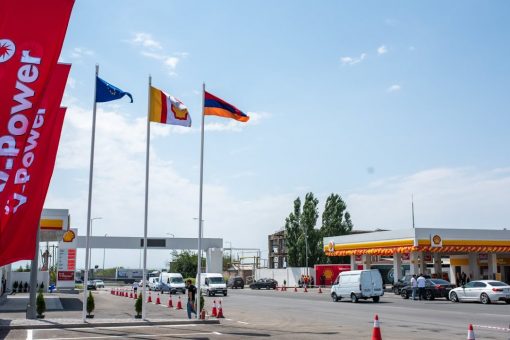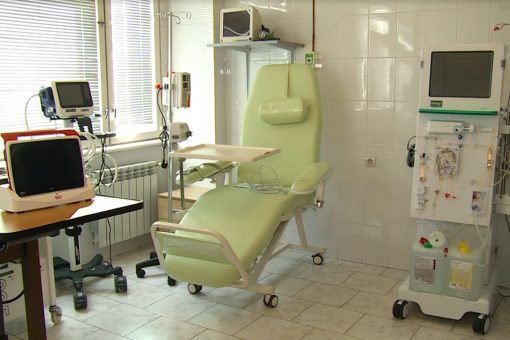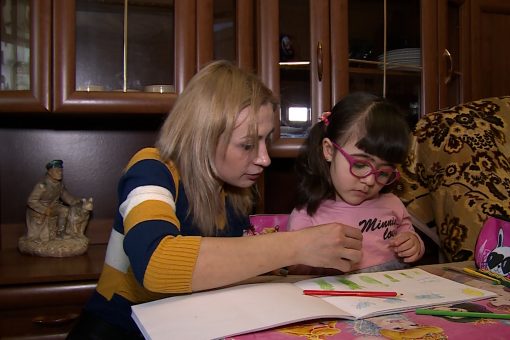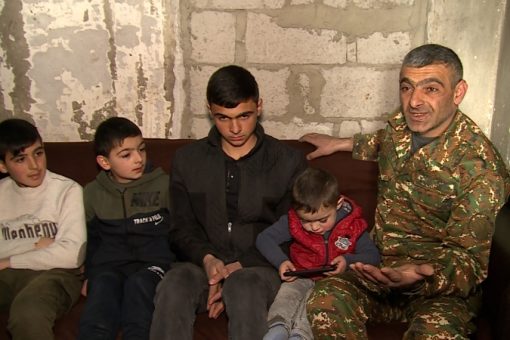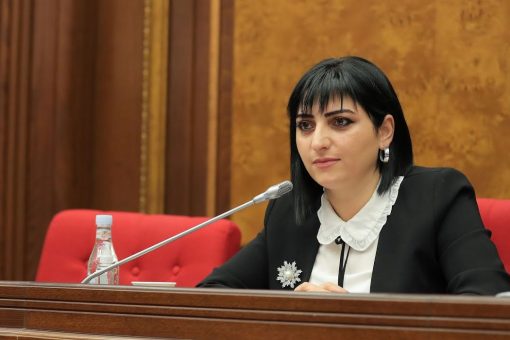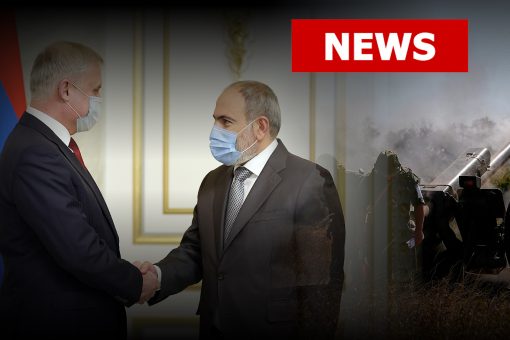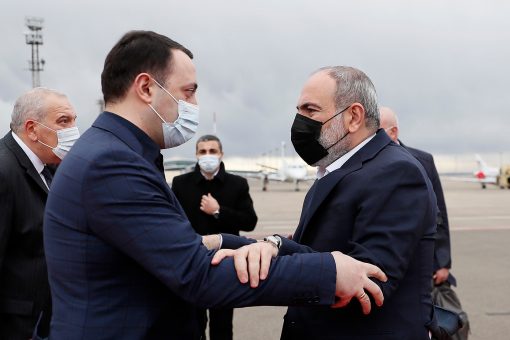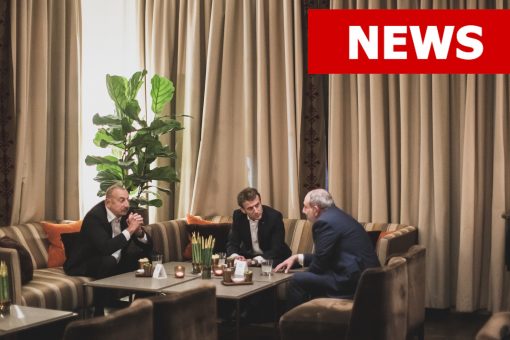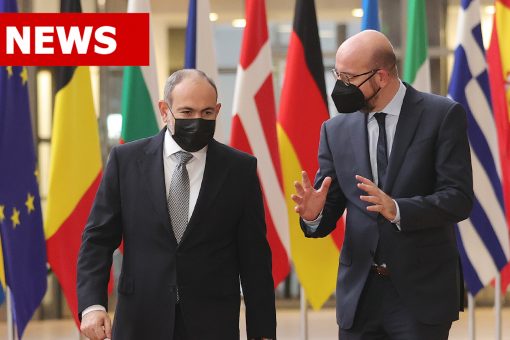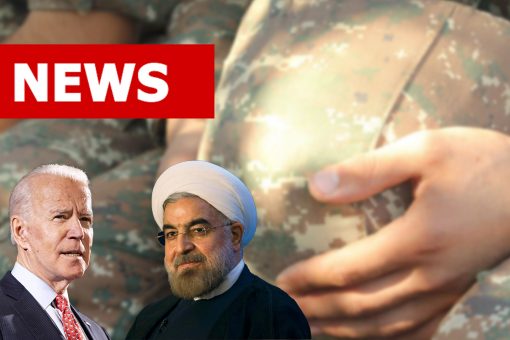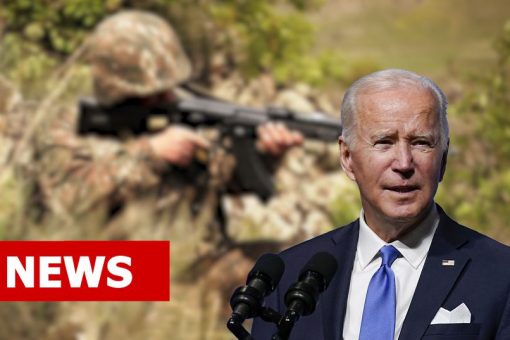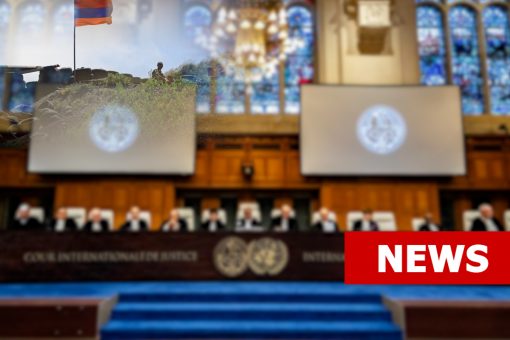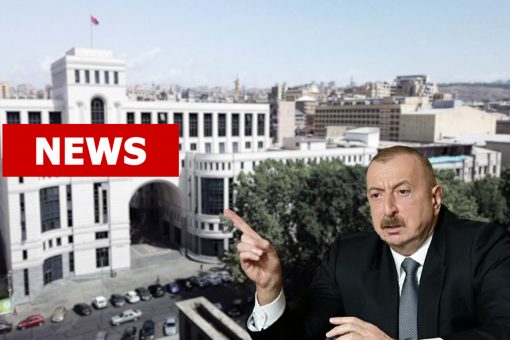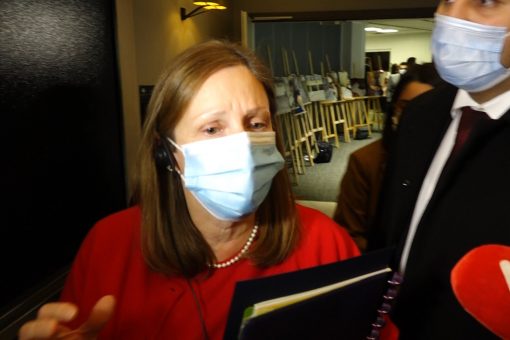In 2020 Armenia has improved by 2 points in the field of political rights and civil liberties։ Freedom House has published the report
SOCIETY
05.03.2021 | 21:04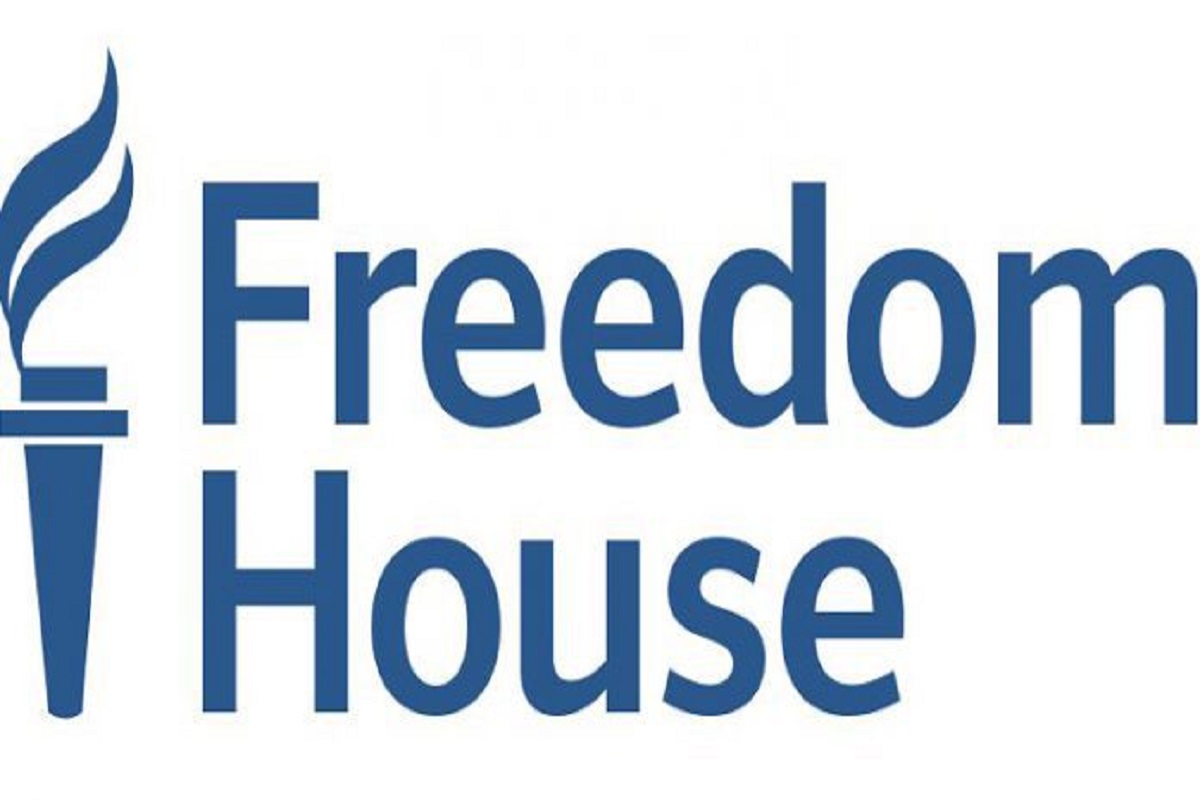
The human rights organization Freedom House has recently published a separate report on the development of democracy and freedoms in Armenia in 2021 under this year’s report on global freedoms, VOA reports. Compared to Freedom House’s 2020 report, Armenia has improved by two points in this year’s report, from 55 last year to 55. The assessment of the human rights organization is based on studies conducted in two main areas of democracy development.
According to the experts of the structure, the Republic of Armenia has moved forward by one point under the question “Are individuals able to exercise the right to own property and establish private businesses without undue interference from state or nonstate actors?”
The report mentions that economic diversification and simpler regulations have increased the ease of doing business in recent years, but a lack of transparency and persistent cronyism created unfair advantages for those with ties to public officials during the HHK government’s tenure. However, much of this has subsided since the 2018 change in government
According to the report, business people, especially those connected to small– and medium-sized firms, previously faced arbitrary expropriation of assets and bribery demands at the hands of prominent HHK supporters, but this activity has become less common since the party’s departure from office. Armenian law adequately protects property rights, though officials have not always upheld them in the past.
To the question “Are safeguards against official corruption strong and effective?”, the report notes that relationships between politicians, public servants, and businesspeople have historically influenced policy and contributed to selective application of the law. The HHK government included some of Armenia’s wealthiest business leaders, who continued private entrepreneurial activities despite conflicts of interest.
However, the Pashinyan government has made steady progress in investigating past wrongdoing and fortifying anticorruption mechanisms. In April 2020, the parliament passed legislation expanding the ability of prosecutors to investigate the corrupt acts of former officials. Under the new law, prosecutors can more easily request the seizure of ill-gotten assets if their status is proven in court, and are allowed to investigate acts going back ten years. In early December, the cabinet submitted a bill finalizing the creation of the Anti-Corruption Committee (ACC), which was originally envisioned in 2019 as part of a three-year anti-corruption plan. The ACC, as well as a specialized anticorruption court, are scheduled to begin operating in 2021.
Concerning the question of having free and independent media, Freedom House mentions that independent and investigative outlets operate relatively freely in Armenia, and generally publish online. Small independent outlets provided robust coverage of the 2018 protests, challenging the narratives of state broadcasters and other establishment media. By comparison, most print and broadcast outlets are affiliated with political or larger commercial interests.
Violence against journalists has declined since 2018, but still occurs; the Committee to Protect Freedom of Expression (CPFE), a local nongovernmental organization (NGO), counted six injuries among journalists in the second quarter of 2020. In August, former police chief Vladimir Gasparyan physically threatened two Radio Free Europe/Radio Liberty (RFE/RL) journalists reporting on a government plan to dismantle illegally constructed homes near Lake Sevan and attempted to run them down with his vehicle. A criminal investigation into Gasparyan’s behavior was opened a day later.
According to the report, journalists in Armenia also face legal action in the course of their work. The CPFE counted 22 cases lodged against journalists in its second– and third-quarter reports.
In March 2020, the government used COVID-19 state-of-emergency powers to restrict media outlets from reporting on information from unofficial sources, and several outlets and journalists were compelled to edit stories and social media posts that month. Bowing to pressure from journalists and media advocacy groups, the restriction was lifted in April, but the government vowed to monitor media outlets.
The report also highlights the COVID-19 state of emergency declared by the government in March, the authorities’ anti-corruption efforts and steps taken, the war between Armenia and Azerbaijan over Nagorno-Karabakh, and the government’s declaration of martial law and post-war political developments as key developments in 2020.






